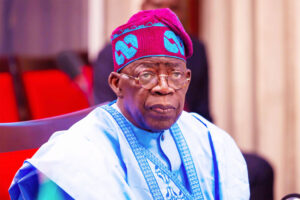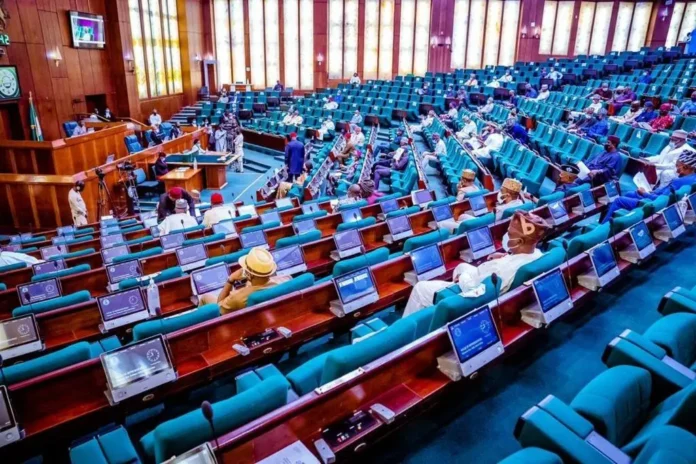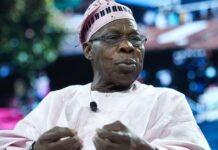The Nigerian House of Representatives has called on the Federal Government to halt the implementation of the Samoa Agreement pending clarification of contentious clauses to ensure compliance with Nigerian laws.
The resolution follows a motion of urgent public importance sponsored by Deputy Minority Leader Hon. Aliyu Sani Madaki, urging the House to intervene amid public concerns over alleged clauses related to Lesbian, Gay, Bisexual, and Transgender (LGBT) issues in the Agreement, which the government has denied.
Hon. Madaki highlighted that the Federal Government signed the Samoa Agreement with the European Union on June 28, 2024, aimed at enhancing food security and economic development, among other critical areas.
“The House is apprehensive about clauses reportedly compelling underdeveloped nations to endorse LGBT rights to receive financial aid from advanced countries,” said Hon. Madaki.
He also raised concerns over Article 97 of the Agreement, which asserts supremacy over national laws, potentially infringing on Nigeria’s sovereignty.

Moreover, he pointed out other articles, including 2.5, 29.5, 36.2, and 88, which he believes could conflict with Nigerian values and lacked a reservation clause.
“The House notes with concern Article 2.5’s requirement to promote gender perspectives, fearing it could introduce values contrary to our cultural norms,” he added.
Opposition to the motion arose during the debate, particularly from lawmakers disputing claims that the Agreement contained LGBT clauses.
In response, Minority Leader Hon. Kingsley Chinda urged members to approach the issue with thorough investigation rather than premature judgment.
He emphasized the need for transparency to ensure the Agreement aligns with Nigerian cultural and religious beliefs.
Consequently, the House mandated joint Committees on National Planning and Economic Development, Justice, Treaties, Protocol, and Agreements to engage relevant agencies and clarify ambiguities within four weeks.
Additionally, the Committee on Legislative Compliance was tasked with organizing dialogues with stakeholders, including Civil Society Organizations, Cultural and Religious Leaders, and Legal Experts, to gather diverse perspectives on the Samoa Agreement.




